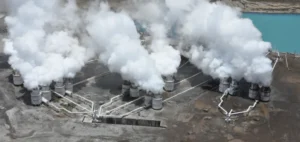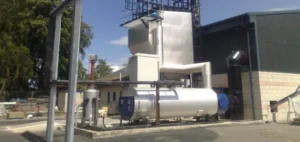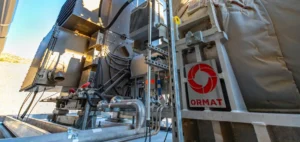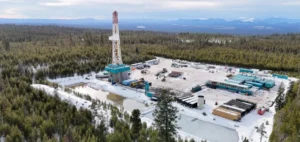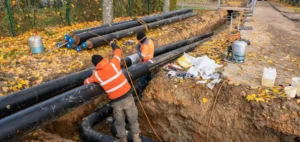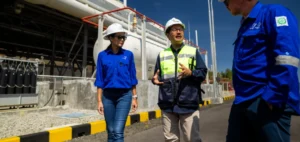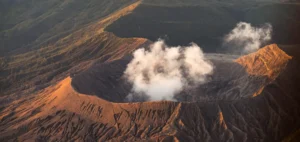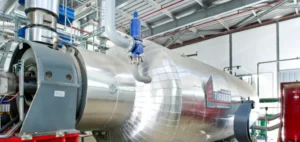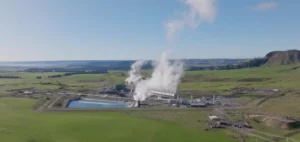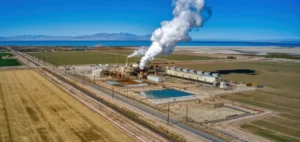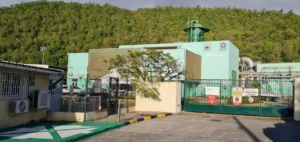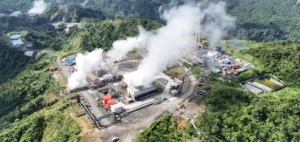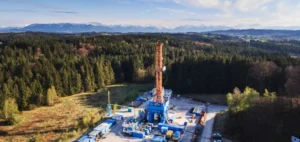Kenya is set to reinforce its position as a world leader in geothermal power generation with the construction of a 1 GW green data center. This project, supported by Microsoft and G42, is part of a wider initiative with Kenya’s Ministry of Information, Communications and Digital Economy. The initial investment of $1 billion is directed towards the construction of a state-of-the-art data center, powered entirely by geothermal energy from the Naivasha region. The data center will run on Microsoft Azure cloud services, offering cloud-based applications and services to organizations and individuals in Kenya and East Africa. It will also incorporate state-of-the-art water conservation technology to minimize water use, reinforcing Kenya ‘s commitment to renewable energy and sustainability.
Strategic investments for growth
In addition to building the data center, the initiative includes four other major components: AI development and research in local languages, an East African innovation lab with digital AI training, investments in international and local connectivity, and collaboration with the Kenyan government to support safe and secure cloud services across East Africa. This strategic investment is aimed at exploiting Kenya’s geothermal potential, estimated at at least 10,000 MW. Kenya currently has 985 MW of installed geothermal capacity, rapidly approaching 1,000 MW. This data center project is a significant step towards achieving this goal, and towards the use of geothermal energy for industrial applications such as the production of green hydrogen and green steel.
Economic and environmental implications
Using geothermal energy to power a data center offers considerable economic and environmental benefits. This not only reduces dependence on fossil fuels, but also positions Kenya as a world leader in the use of renewable energies for large-scale applications. The initiative could also attract more foreign investment and stimulate job creation in the technology and energy sectors. The green data center also contributes to Kenya’s sustainable development strategy, aligning economic growth objectives with environmental protection. The use of clean, renewable energy for critical infrastructures such as data centers is a model that could be replicated in other parts of the world.
Future prospects
The success of this project could pave the way for other similar initiatives, exploiting Kenya’s geothermal potential for green industrial projects. Partnerships with leading technology companies such as Microsoft and G42 demonstrate the feasibility and benefits of such collaborations in achieving sustainable development goals. What’s more, this project could inspire other countries to invest in renewable energy technologies, showing that the transition to cleaner energy sources is not only possible but also economically and environmentally beneficial.
Kenya is positioning itself as a pioneer in the use of geothermal energy for industrial applications, with the creation of a 1 GW green data center. Backed by strategic investments and international partnerships, this project represents an important step towards energy sustainability and economic development. By aligning growth objectives with environmental protection, Kenya is leading the way towards a cleaner, more sustainable energy future.




